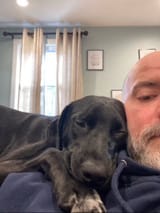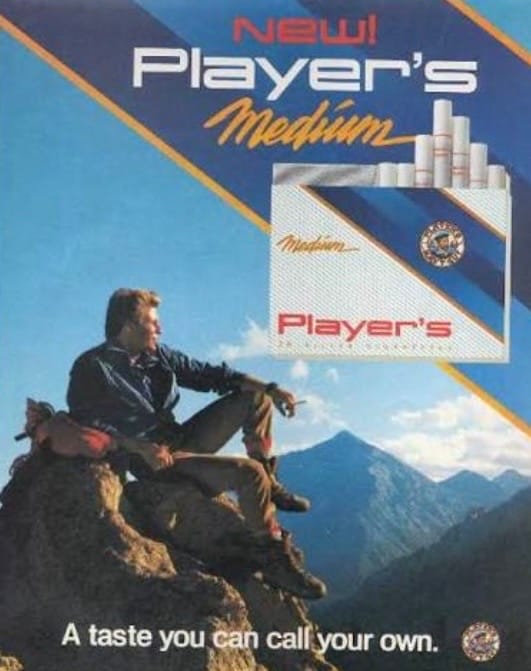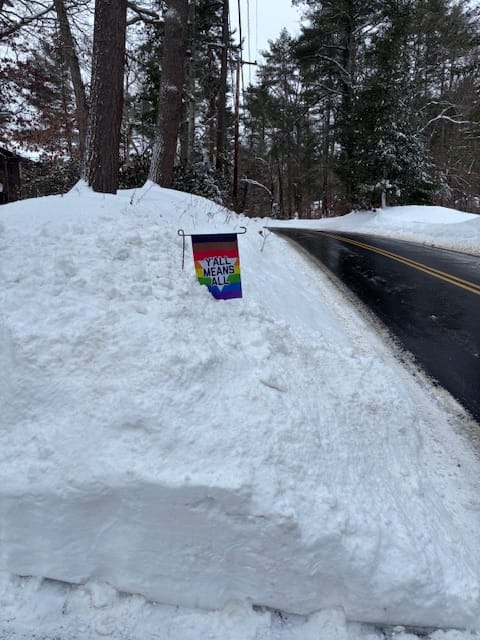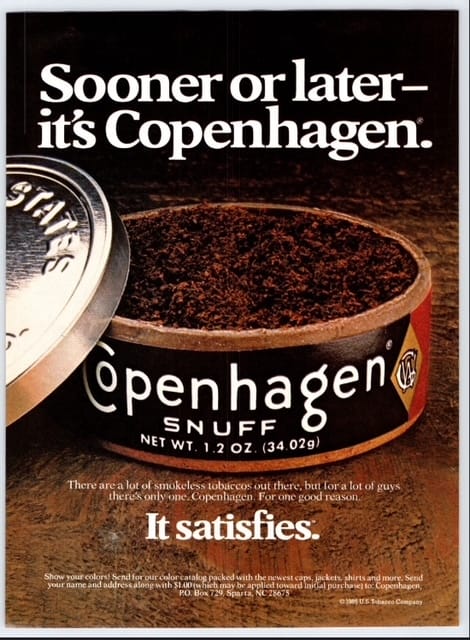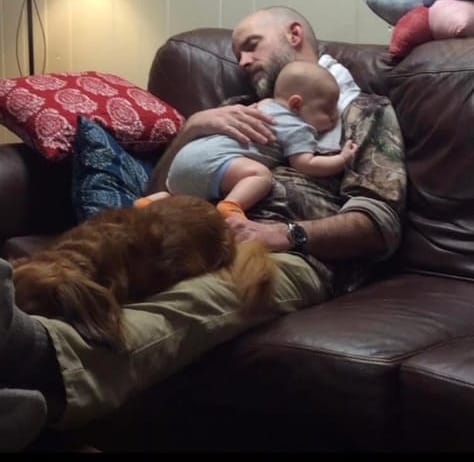Memorial
An hour and at least a mile later I still couldn’t shake the feeling of that place. The heavy sense of loss and futility and the gnawing question of “why?” would linger far longer than I cared to admit.
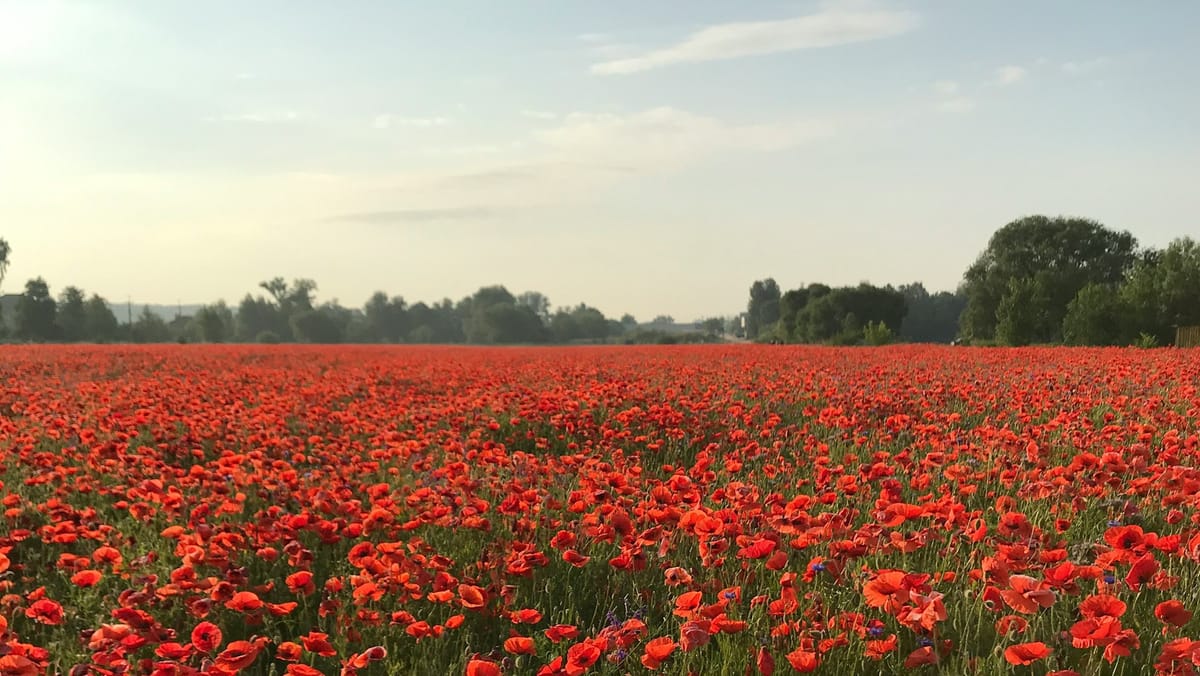
There is a sign at the entrance to the Scottish War Memorial in Edinburgh Castle warning that it is a memorial and asking visitors to refrain from taking photographs. So of course the first thing you experience upon entering is a row of tourists posing for selfies. I was there as a tourist myself. In fact, I’d come to see a Scottish castle and didn’t know the war memorial was there until we strolled past but I was immediately struck by the chapel like interior. It felt, to me, like a sanctuary, like a church and even after a week of dealing with obnoxious tourists I was off put and irritated by the behavior.
The air seemed heavy as I strolled through with the rest of the crowd, gawking at the marble and stained glass. At first I pointed out the intricate carvings of Lee Enfield rifles and Lewis Guns to my kid who’s into these kinds of things because I’m into these kinds of things, but after a while I could feel something different in the air. An unusual density. My eyes drifted to the words carved in the walls and the leather bound books sitting beneath them. I didn’t recognize then and I don’t remember now the regiment names engraved on those walls, but I recognized the battles, Ypres, Somme, Verdun, Cambrai. I don’t remember the exact dates, nor do I remember the exact number of casualties that they had engraved on those marble walls, but I remember the thickness of the leather bound books sitting on a shelf beneath them, a list of every man and boy who died from each regiment.
The room didn’t fall silent, but I did. I’d already taken off my ball cap. I may no longer believe in organized religion and I may struggle with the concept of a benevolent higher power, but at my heart I’m a southern boy and my Memaw raised me right. I don’t wear a hat in a church and I don’t walk on graves unless I have too, and whether or not the Scottish War Memorial is officially a sanctified and recognized church made no difference to me in the moment. I clasped my hat in my hands and my hands behind my back and I stood still and silent and I read the regimental names, their battles, and those horrible numbers and as I looked at those leather bound books something broke inside my soul.
As a child I wanted to be a hero. I wanted to be part of a grand adventure and not understanding the preciousness and frailty of human life I wanted to risk mine for some cause. That’s why I joined the Army. That’s why I went to war. The lingering doubts about my injury and what that meant about my service was a large reason why I became a Sheriff’s Deputy. For far too long I believed in the notion that there was some honor or glory in fighting, even dying, for a cause. Somewhere deep inside I still believe that. I still believe a person has to fight for what they believe in. As a child I would have stood in that building and looked about with reverent awe at the heroes until I was distracted by carvings of a Vickers guns and the childish fantasies of manning one and heroically mowing down waves of the hated Hun.
But I was forty-six years old that day. I’d suffered weeks without a shower and days without food. I’d marched through a swamp in forty degree weather and hoarded my last pair of dry socks. I'd been tired and dirty and hurt and scared. More importantly, I’d bled. I’d survived an injury that would have killed me in 1916 and suffered the torment of modern medicine that would have been a godsend compared to what the poor souls wounded in 1917 suffered at the hands of their “doctors”. I’d smelled blood and brain and viscera and burning flesh. I’d heard the moans of wounded men and women. I’d heard the wails of grieving survivors. I’d heard the last rattling gasp of the dying and I’d seen their blank eyes once the soul had left.
I felt it all standing there. All the crushing horror of it. Scotland was such a small country and those engraved numbers were so unfathomably large, more killed in a week than in the entire twenty years of the Global War on Terror. The youth of entire cities slaughtered in a day. Standing there in that cool, somewhat quiet space, looking at those numbers and those fat, heavy, books, glancing periodically at my child I could imagine the terror. I could almost feel the fear and the grief, not just of the soldiers in their trenches but of their loved ones in the small towns and villages across Scotland and the rest of the UK. All waiting for some awful news. Did their mothers wail like I’d seen victim’s mothers wail? Did their fathers put on a stiff upper lip? Did their younger brothers set their jaw and determine to extract vengeance?
So many young men slaughtered and for what? The question echoed like the laughter of the tourists. For what? Did they know in those last moments as the lifeblood seeped out of them what they were dying for? Did they even think about it in those final moments? I didn’t. I told jokes and stared at the stars completely oblivious to the fact that I was bleeding out. Was it the same for them? We know their parents and their survivors sensed the futility of that “great” war and we know it didn’t matter because in mere decades they’d face another horror and more names, far too many more names, would be engraved in marble and written in leather bound tomes.
I could have sat in the corner and cried. I could have prayed to a God I can’t name and am not sure exists for forgiveness and comfort, for myself and the names in those books and the millions more engraved in marble around the world. I could have stayed until I read every name and date and committed them to memory but a nine year old, like those selfie taking tourists, has no understanding of what that place represented. While I fought tears they got restless and bored, so we left. But I carried the weight of that place with me like web gear and a rucksack as we moved on and saw other things. I smiled. I laughed. All the while I felt it in my shoulders and back. I felt it in my heart. I kept silently asking “why?” and I found no answer.
We wandered down the Royal Mile and found a coffee shop near the University of Edinburgh. We sat in a cramped basement, surrounded by coeds with laptops and noise canceling head phones. I drank a Diet Coke while my spouse and my child sipped tea, ate a croissant and played chess on a board with mixed matched pieces. An hour and at least a mile later I still couldn’t shake the feeling of that place. The heavy sense of loss and futility and the gnawing question of “why?” would linger far longer than I cared to admit. I took out my phone and I wrote a thread about it on Bluesky in an attempt to exorcise that horrible feeling.
I looked across the table at my kid and I remembered my childish dreams of heroism and honor and I couldn’t help but think that so many of the kids in those leather bound books, the kids whose bodies lie in Ypres, Normandy, Iwo Jima, Inchon, whose souls still haunt Dien Bien Phu and the Ia Drang, Goose Green, 73 Easting, Mogadishu, Helmand Province, Baghdad, Idlib, Kharkiv and hundreds of thousands of other grid coordinates, hilltops, villages and hamlets whose numbers and names only a chosen few will ever know or remember had all once set off for glory and adventure. I was struck by the sudden realization that far too few of those battles made sense to me. Far too few of those battles “mattered” to anyone but historians and a handful of scared young men and women who blundered into each other in exhausted confusion and fought desperately just to stay alive. I thought about those left to mourn them and the still horrifying story of the morning my parents woke up to find a man in a uniform standing on their porch with grim news to deliver. I thought of my own complicity, my fascination with the weapons of war, my love of these machines designed solely to destroy and how that conflicts with my other great love, of soldiers and service members who I find a kinship with world wide.
It’s only now, as I write this out, that I realize that’s the point. All that marble. All those engraved place names and dates, the ornate carvings of Lee Enfields and Lewis Guns, the leather bound books of the dead, they’re all there to make us think. They’re there to force the casual observer to carry the weight for just a few moments, to force us to consider the why and the who and reflect on the horrific cost. It’s upsetting that tourists can wander through, gawk and take selfies, oblivious to the horror and never feeling even an ounce of that terrible burden. It’s more damning still that there are fat, soft, spoiled men sitting in air conditioned rooms right now, today, talking about where the next battles should be fought.
I wish I had a conclusion. I wish I had an answer. I wish I didn’t still believe that sometimes battles have to be fought and good people have to kill bad people and will be killed in the process. I wish I didn’t see these battles in our immediate future. I hope my child never has to face this horrible thing. My grandfathers, father, brother and I have paid our families dues and I will do everything I can to make sure that my child doesn’t have to. But history suggests, despite my best efforts, they will. I can’t stop it. So I’ll take my hat off and clasp my hands behind my back and I’ll stand silent looking at the names and places carved in marble and I’ll carry the sad weight for a while afterwards. I’ll try to remember the horrible cost and remind others for what little good that will do.
I didn't intend to write anything for Memorial Day but I was in a bad mood yesterday and it took me to an uncomfortable place so I decided I should at least try and do something productive with the feeling. I hope I did it justice.
